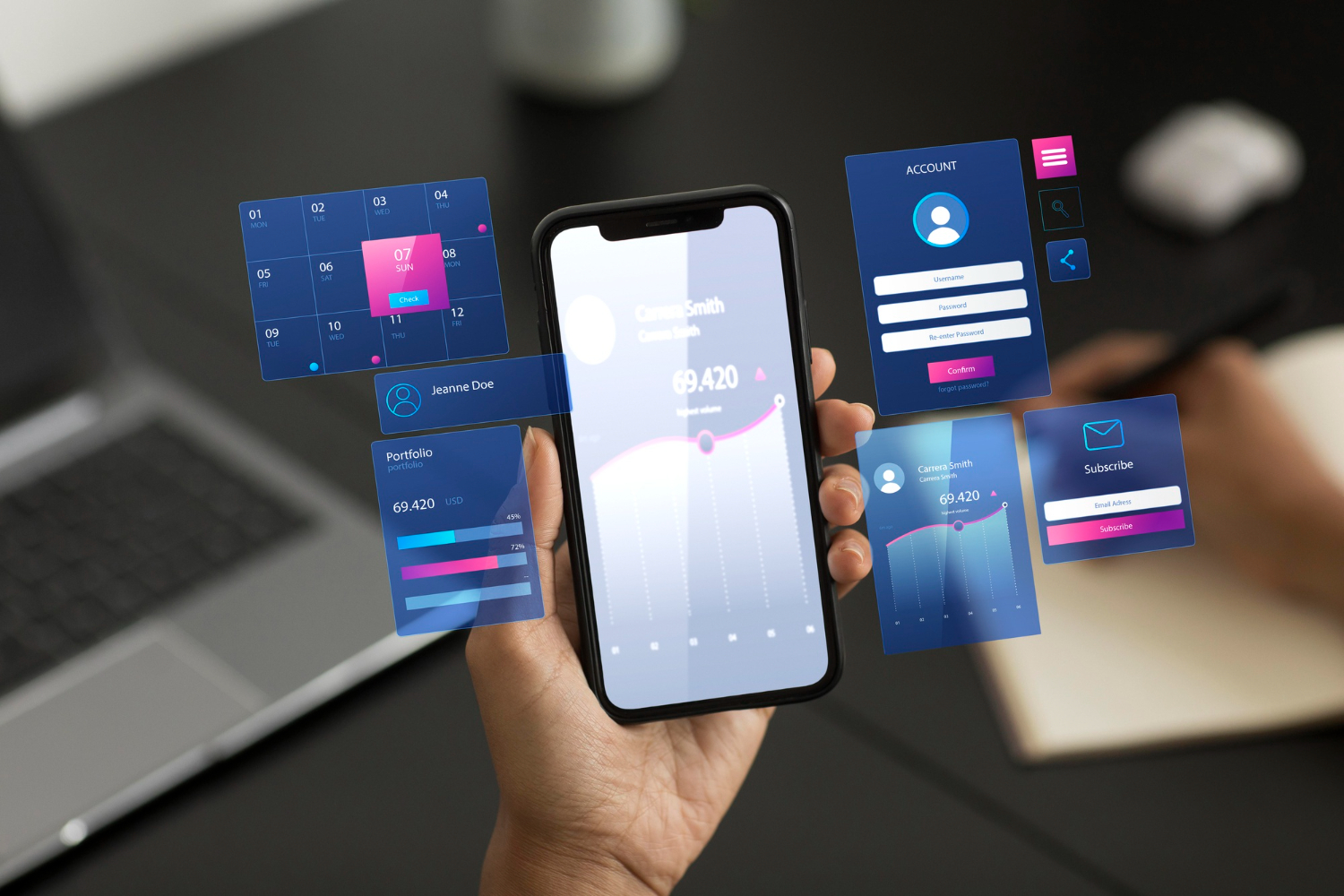Internal Articles
How to improve your Curriculum Vitae

You check the job requirements and fit them, you send your curriculum, and you don't get called for an interview.
How many times has this happened?
Have you ever thought that the problem might be in your curriculum?
Your curriculum serves as your first impression on a potential employer because it is a summary of your strengths, skills, and accomplishments. Presenting yourself in the best possible light on your curriculum can go a long way towards making a good first impression of you!
A study conducted by an online recruiting company called Catho with over 400 recruiters points out that 30% of them take an average of 6 to 10 seconds to discard a curriculum for an interview (2019). According to the survey data, in a first evaluation, the professional who receives about 100 curriculum analyses on average 15 with greater criteria and caution. Most recruiters (57%) take up to 29 seconds to evaluate the documents.
This happens because recruiters go looking for what are the key points in the candidates’ curriculum. And in a market as meticulous as the IT industry, it is important that you give the best possible first impression of yourself!
Do you want some tips?
So, these are the things you can’t miss out on your curriculum:
- Your Professional Experience: Detail your previous work experience in IT-related roles as it brings context and applicability. Make sure to highlight specific responsibilities, achievements, and contributions.
- Your best Technical Skills: Your curriculum should highlight your technical skills and expertise. Make sure you list all the programming languages, frameworks, databases, tools, and other technologies that you are familiar with and proficient in.
- Your most Relevant Projects: Your CV should include details about the projects you have worked on, including the objectives, your role, and the outcomes. This will value you as a professional! Be specific about the technologies used and the results achieved.
- Your Certifications: Certifications are an important part of many IT roles, so be sure to list any that you have obtained. They demonstrate your expertise and can help to set you apart from other candidates.
- Your Education: Education is important because it brought you your basic knowledge for your job. Your first basics are here. Make sure you list your degree, institution, and any related coursework, as well as any additional information.
- Value your Soft Skills: Soft skills are important in all industries, and IT is no exception. Mention your communication, leadership, teamwork, and problem-solving skills, and other’s you might have. Value yourself as a person, and make them feel that you are a reliable member to have on a team.
- Social Media Presence: Your online presence can provide evidence of your capabilities and work. Be sure to include links to your professional social media or online repositories of your work.
It’s extremely important to ensure that your curriculum represents yourself in the most professional and accurate way possible!
A valuable IT Professional curriculum should balance technical skills with practical relevant experience, continuous learning process, problem-solving abilities, soft skills, and demonstrate a deep passion for the industry.
An effective combination of these elements will make you attractive and valuable to any IT professional role! Go ahead, follow our tips, and enhance your curriculum!
 | Juliana Rodrigues IT Talent Acquisition IT Talent Acquisition at AdvanceWorks, with 7 years of experience in recruitment processes and human resources management. |































